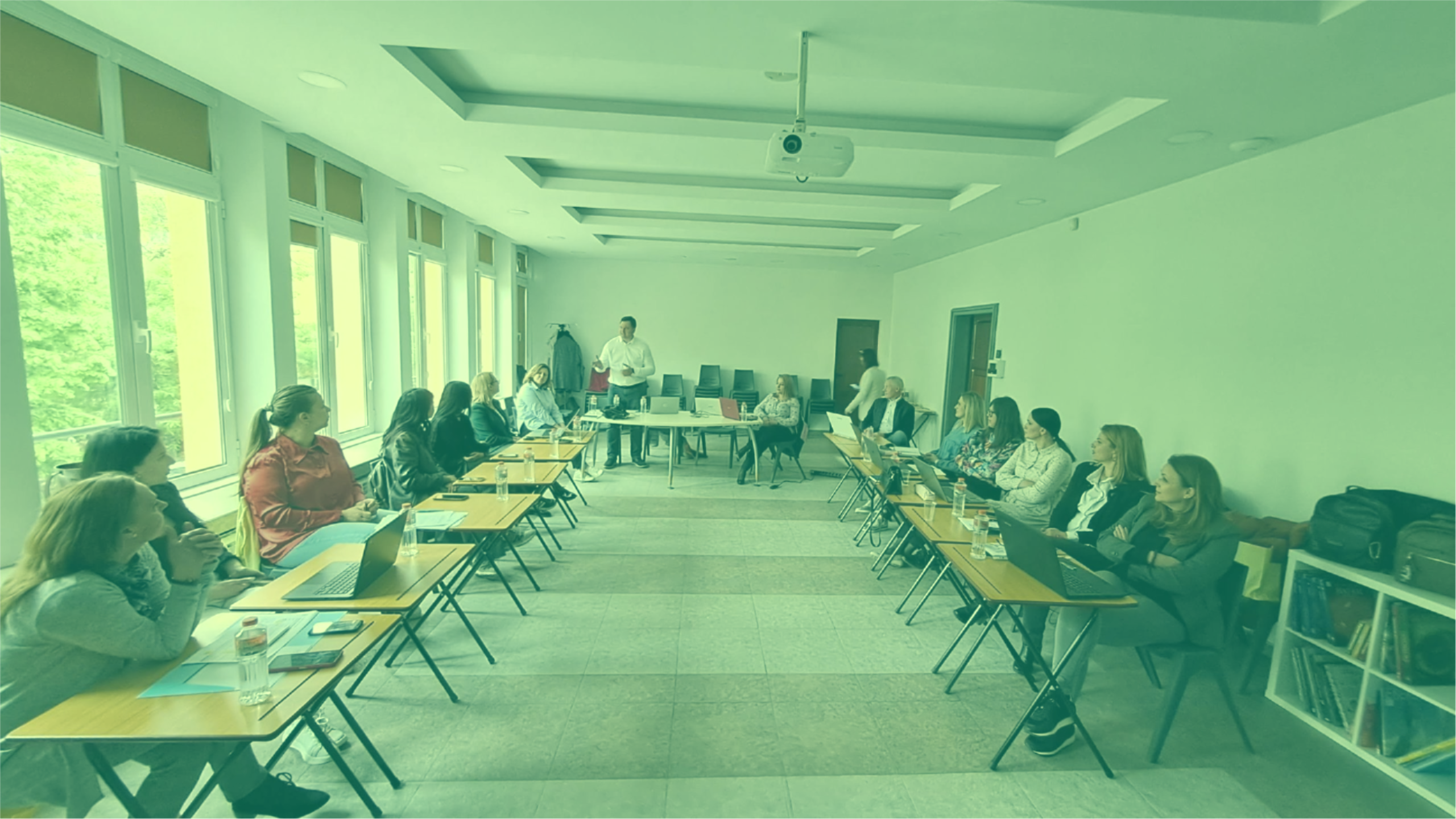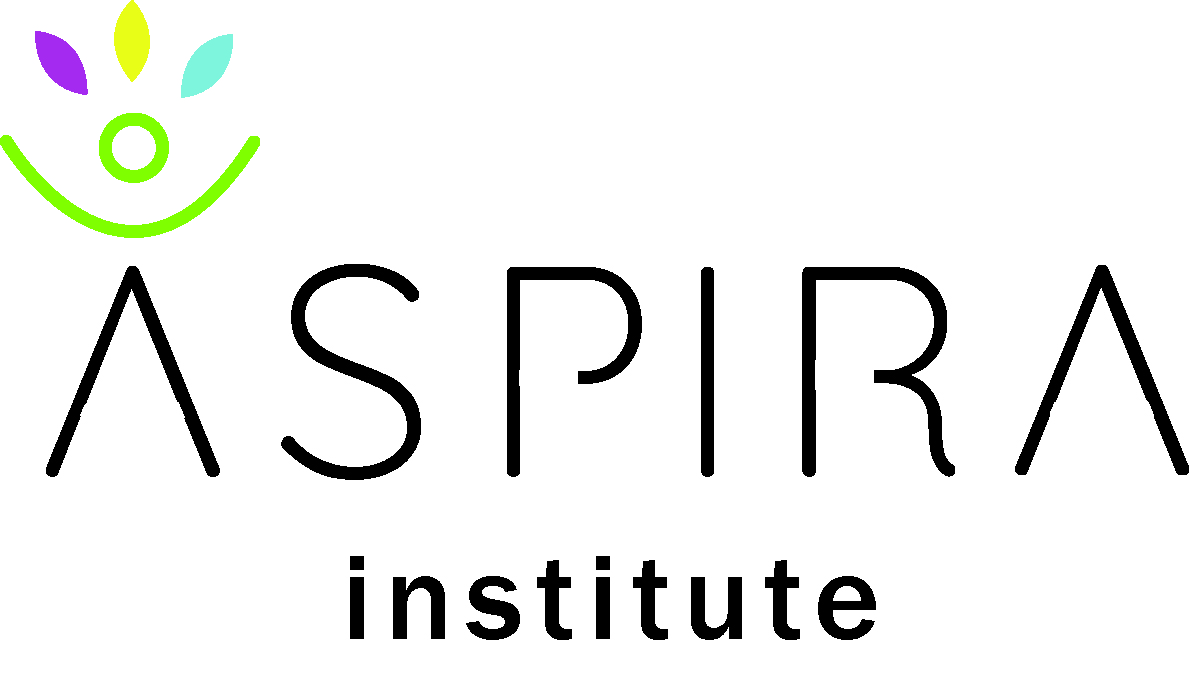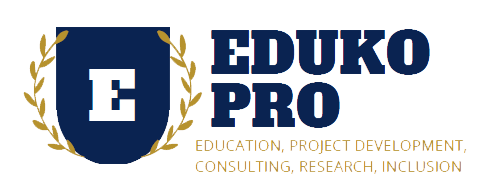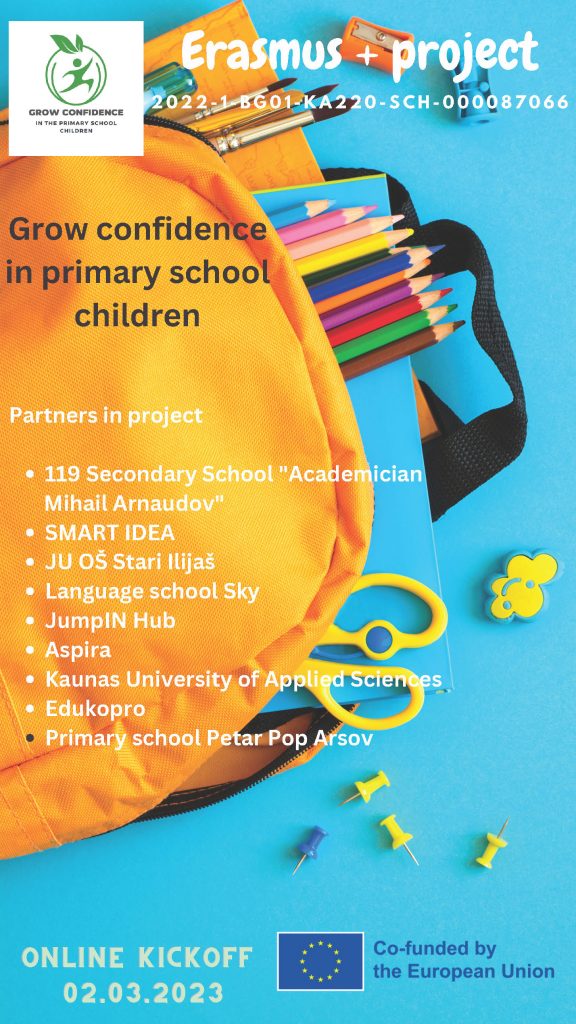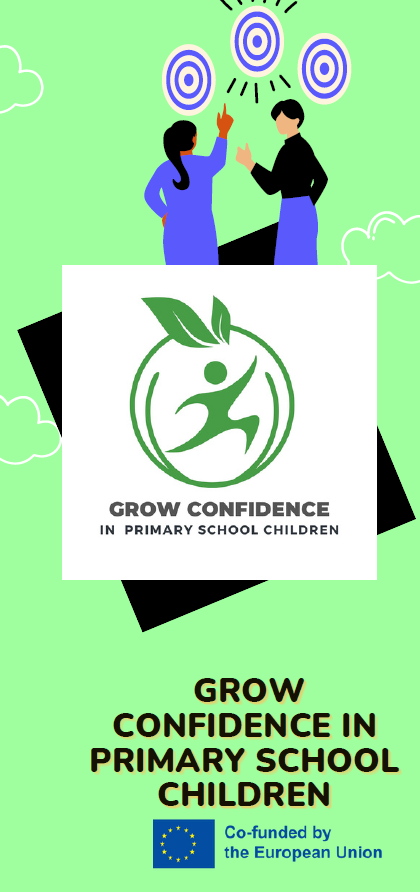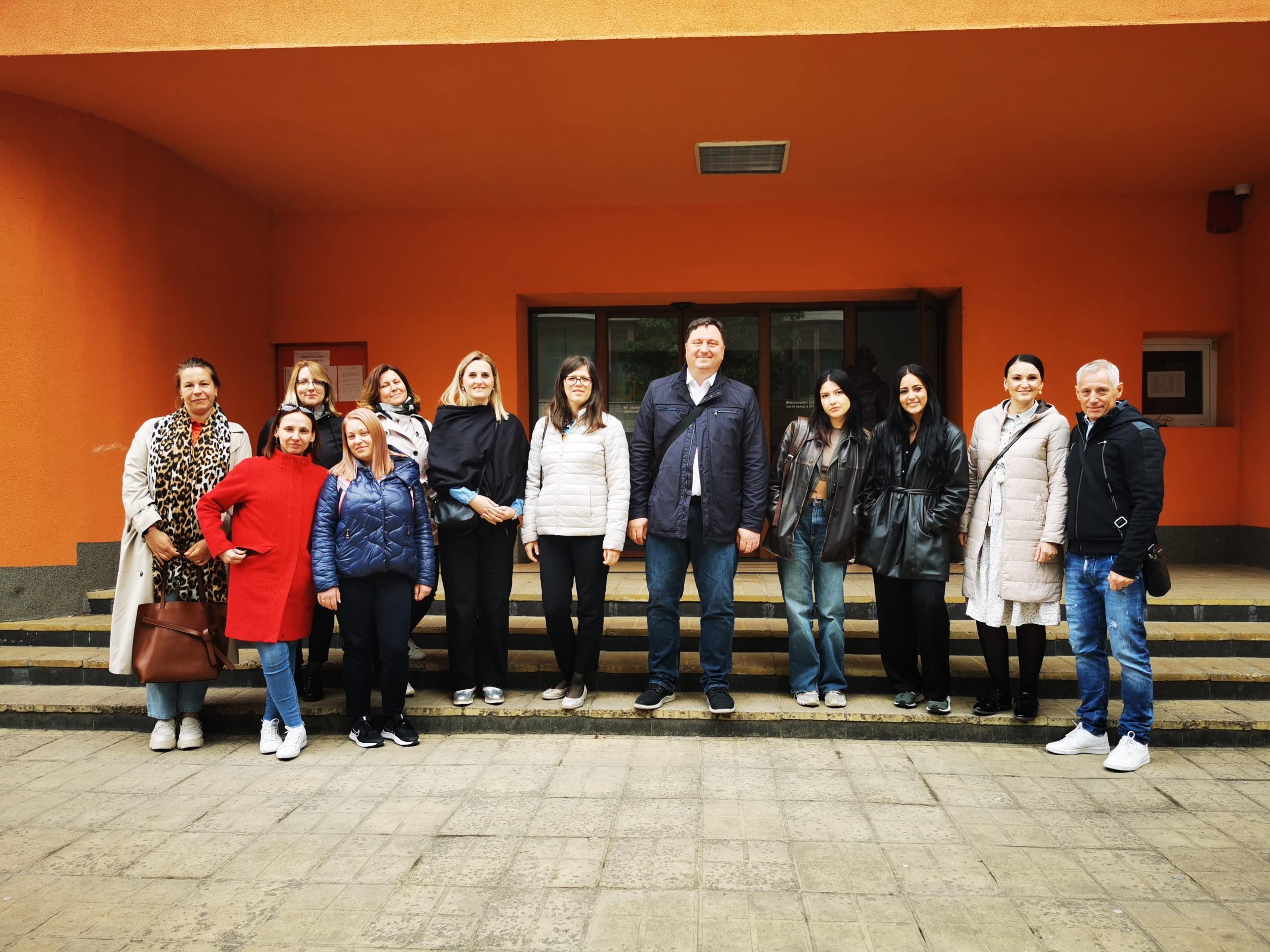
Grow confidence in primary school children
This project aims to grow confidence in primary school children and use newfound confidence throughout their lives.
Through the project, we will focus on the causes that lead to low self-esteem in students and eliminate them through various activities in school. This way, we will help students strengthen their emotional intelligence, confidence, and overall well-being. We will educate teachers to help students learn from mistakes and not fear failing. Students will be able to identify how their mindset can impact their learning. We will also organize workshops for parents on the importance of their children’s emotional intelligence and teach them how to encourage emotionally intelligent behavior in their children.
Primary school children have low self-confidence
According to Greenberg et al. (2003), educators, parents, students, and other educational community members believe that today’s school has to teach beyond basic skills. The school must enhance students’ social-emotional competence, character, health, and civic engagement (Greenberg et al., 2003, p. 466).http://bitly.ws/oqQj.
The social and emotional learning programs reduce aggression and emotional distress among students, increase helping behaviors in school, and improve positive attitudes toward self and others (Durlak et al., 2011).http://bitly.ws/oqQF.
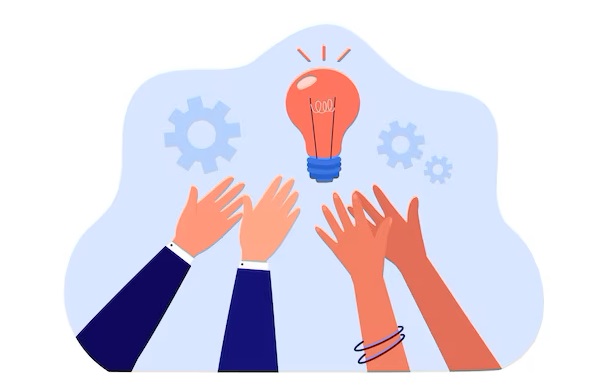
SOLUTION
TARGET GROUPS
Teachers will acquire new teaching methodologies (accountability groups, problem-based learning), ICT skills when developing and using content, motivational, research and analytical skills.
Parents will acquire ICT skills and skills to encourage children’s emotional intelligence.
Students will acquire soft, socio-emotional, and advocacy skills.
PRIORITIES
Horizontal priority:
Shared values, civic engagement, and participation: The Programme will support active citizenship and ethics in lifelong learning; it will foster the development of social and intercultural competencies, critical thinking, and media literacy. Priority will also be given to projects that offer opportunities for people’s participation in democratic life, and social and civic engagement through formal or non-formal learning activities. The focus will also be on raising awareness of and understanding the European Union context, notably regarding the common EU values, the principles of unity and diversity, their cultural identity, cultural awareness, and their social and historical heritage. (E+Programme Guide, p. 200)
Specific priority:
Tackling learning disadvantages: This priority aims to help make success possible for all learners and promote well-being and mental health for learners and teachers. At the level of schools, this priority supports holistic approaches to teaching and learning and collaboration among all actors within schools and with families and other external stakeholders. (E+ Programme Guide, p.202)
Self-confidence is essential for students to take risks in their learning and recover after failure. Low self-confidence makes students doubt their ability to succeed, making them hesitant to engage in education or take appropriate academic growth risks. The lack of confidence in children makes them feel less sure of themselves and their abilities. They may not feel motivated to try hard things for themselves and have difficulty dealing with mistakes. They may not believe they’re worthy of good treatment or success.
With our project results
- PR1: The Manual of good practices for growing primary school children’s self-confidence
- PR2: Teacher training on growing students’ self-confidence
- PR3: Workshops for parents
- PR4: Grow self-confidence mobile-friendly resource portal – online bite-size learning resource
We aim to educate and support teachers and parents to help primary school children’s self-confidence. They will also get support on how to improve their teacher-parent relations to help children. These results will fulfill students’ need to feel respected, independent, and responsible for their actions; their need to acquire skills of learning from mistakes and develop their learning style. Supportive teachers, parents, and peers will lead to stable well-being and children’s good mental health.
Let's strengthen the self-confidence of elementary school students
This handbook serves as a guide for teachers and educators, lighting the way for a supportive emotional learning climate where children are encouraged to embrace failure as a stepping stone to success. Using the practices described in these pages, we can teach children the power of a growth mindset, instilling in them the belief that their abilities and intelligence can be developed through dedication and hard work.
Grow confidence in children in primary school children
Let's strengthen the self-confidence of elementary school students
The training methodology encompasses the systematic approach and strategies used to plan, design, and deliver intelligent, rational, and experiential learning plans based on academic and pedagogical considerations concerning teaching the GROWCONFIDENCE method. It involves the methods and instructional approaches employed to boost and improve students’ self-confidence and foster an overall classroom environment, supportive peer reactions, and academic success.
Teacher Guide and Methodology for implementation of the Workshops
The methodology for implementing the “Grow Confidence in Primary School Children” workshops is designed to ensure a structured, effective, and engaging experience for both parents and facilitators. The approach includes detailed planning, execution, and evaluation phases to guarantee the success of each workshop. This methodology provides a step-by-step guide to ensure consistency and quality across all sessions.
Workshop for parents
These workshops are designed to help parents understand their children’s feelings and teach them how to better manage emotions. It’s like when you feel happy, sad, or angry, and your parents help you understand why and what to do about it. Parents learn fun ways to talk to their children, play games, and even practice being kind and calm, just like we do at school with friends. It’s all about helping families feel closer and solve problems together!

